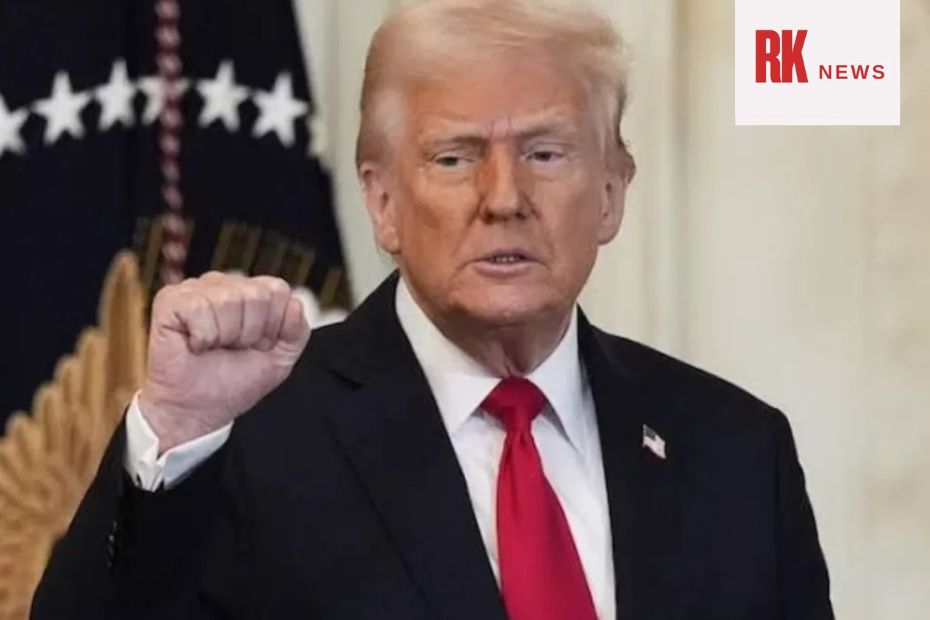As President Trump’s tariff policies ripple across the U.S. economy, a clear divide is emerging in how Americans are responding: a rush to buy big-ticket items like cars and iPhones, and a noticeable pullback on everything else.
With a looming 25% tariff on all imported vehicles and auto parts, many consumers are hurrying into dealerships to secure vehicles before prices surge — a buying trend that has exploded in recent weeks.
The auto industry, which had braced for a flat year, has seen a dramatic spike in demand. Showroom traffic has soared since Trump announced the tariffs, with new car sales in early April running 22% higher than the same period last year, according to Cox Automotive.
Buyers are hoping to dodge price hikes of up to $6,000 on imported cars and over $3,000 on U.S.-assembled vehicles due to increased part costs. This panic-buying has dealers comparing the current frenzy to early pandemic behavior, when consumers rushed to secure goods before shortages hit.
“Everyone’s coming in now, trying to beat the price increases,” said Craig DeSerf of Gulf Coast Chevrolet Buick GMC in Texas. “It’s almost like a Covid replay.”
However, outside of the auto sector and a few isolated tech splurges — like early iPhone upgrades — most Americans are tightening their belts. According to surveys from NielsenIQ and GlobalData, a significant portion of consumers are delaying major purchases, wary of how tariff-driven inflation could shake their household budgets.
Roughly 35% of U.S. consumers say they’ve postponed buying appliances, furniture, or even homes due to uncertainty around tariffs, compared to just 7% who say they’re accelerating purchases.
Retail giants like Walmart and Sam’s Club report no widespread stockpiling. In contrast to the auto market, everyday purchases — from clothing to paper towels — are seeing slower, more cautious spending patterns. Executives at companies like Chipotle, PepsiCo, and Procter & Gamble all noted a more budget-conscious consumer in recent months, driven by fear of future economic instability.
The volatility isn’t just visible in stores — it’s also evident in travel. Airlines such as Delta, American, and Alaska are reporting weakening domestic demand, especially in economy-class travel, with fare reductions becoming more common. Business travel, once expected to rebound in 2025, is flattening as companies brace for potential downturns tied to trade wars and shifting market sentiment.
All of this comes as a growing number of Americans are embracing a “no-buy” mindset, a trend spreading on social media that encourages cutting unnecessary spending.
Sparked initially by inflation fatigue, the movement has gained fresh momentum with each tariff-related headline and economic shake-up. From home remodels to discretionary vacations, consumers are putting plans on pause, focusing instead on saving cash and riding out the uncertainty.
As retailers and manufacturers prepare for an unpredictable summer, the question isn’t whether tariffs will impact the economy — it’s how long this dual-track behavior will continue. With vehicle inventories thinning and household budgets stretched, the current burst of auto buying may soon give way to broader caution.
